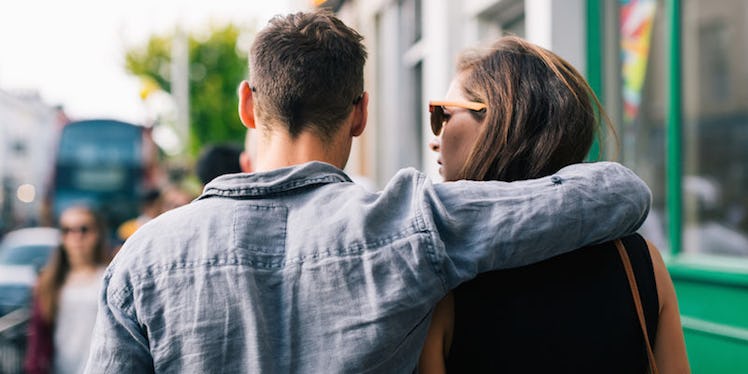
How Your Habitual Scrolling Is Affecting Your Moods More Than You Think
Ever since we were introduced to smartphones that included high definition cameras, we started to share more information on our social media platforms.
Nowadays, it is much easier to showcase moments of our lives, since there was no need to plug our cameras into computers and then upload them to our profiles.
We showed the world images through our lenses within seconds of capturing them.
This is why our Facebook feeds include many more daily snippets than they did a few years ago. Before the smartphone era, we did not share pictures of food choices or happy hour drinks, for example.
Social media is powerful. Words have become less influential than the images we see. As Jean Kilbourne put it in her documentary, "Killing Us Softly," we see images of men and women, and we rework them, deep in our brains.
Powerful images linger; they influence us more deeply than we could ever imagine. Therefore, it is no wonder that looking at social media affects us similarly to how advertisements do. Social media is full of advertisements; we advertise ourselves. We promote our lives in a way that we desire them to be seen.
Often, we only like to show the desirable parts of our lives; however, we need to examine social media as we do with advertisements. We know the images in magazines are photoshopped. So, why not look at social media and remember that the lives people share are polished?
The problem with social media is that it can affect us in two different ways. We look at images through comparison, so we either feel elation or depression.
Elation occurs when we compare our lives and conclude that we are doing better than others, which makes us feel better about ourselves.
Depression, on the other hand, can happen when we look at images and assume we are not doing as well as the others we see. As a result, we experience feelings of inadequacy and deficiency.
Since smartphones give us access to social media as frequently as we want, we experience these two feelings concurrently, throughout the day.
There have always been people who have had more money than any of us. We know that the rich can afford to live more lavish lifestyles than we can; however, before Instagram, we did not have access to look into their homes or peek into their luxurious closets.
Marie Antoinette didn't have social networking accounts. We could not previously compare ourselves to our celebrity peers in any way that felt real. We had an idea how they lived, but not actual proof.
What we often forget is that celebrities filter their lives, as well. Their lives get messy and may not be as perfect as they may seem. However,, there is an assumption that fame and money remove all other problems.
As a result, we believe there is no need to filter lives that are seemingly perfect. What appears picture-perfect can turn out to be the exact opposite, however. The naked eye cannot see what goes on behind closed doors.
Therefore, the next time you see flawless images, do not assume that your life is boring and others' lives are full of excitement. Everyone experiences exciting moments; however, everyone has to make a living and spend hours in the office to make these exciting moments happen.
It was recently discovered that looking at others' vacation images can alter our moods and make us feel depressed. It may be difficult to look at others laying on the beach while we are working.
Nevertheless, we all share pictures of our vacation adventures. Even if you see other people's vacation photos while you're at the office, you must remember that we all go on vacations at some point.
Most photos affect us in some way. However, there is no need to consciously feel worse about our lives because of what anyone else might be doing. The more we are aware of the effects social media can have, the more power we have to not let it get to us.
Photo Courtesy: We Heart It